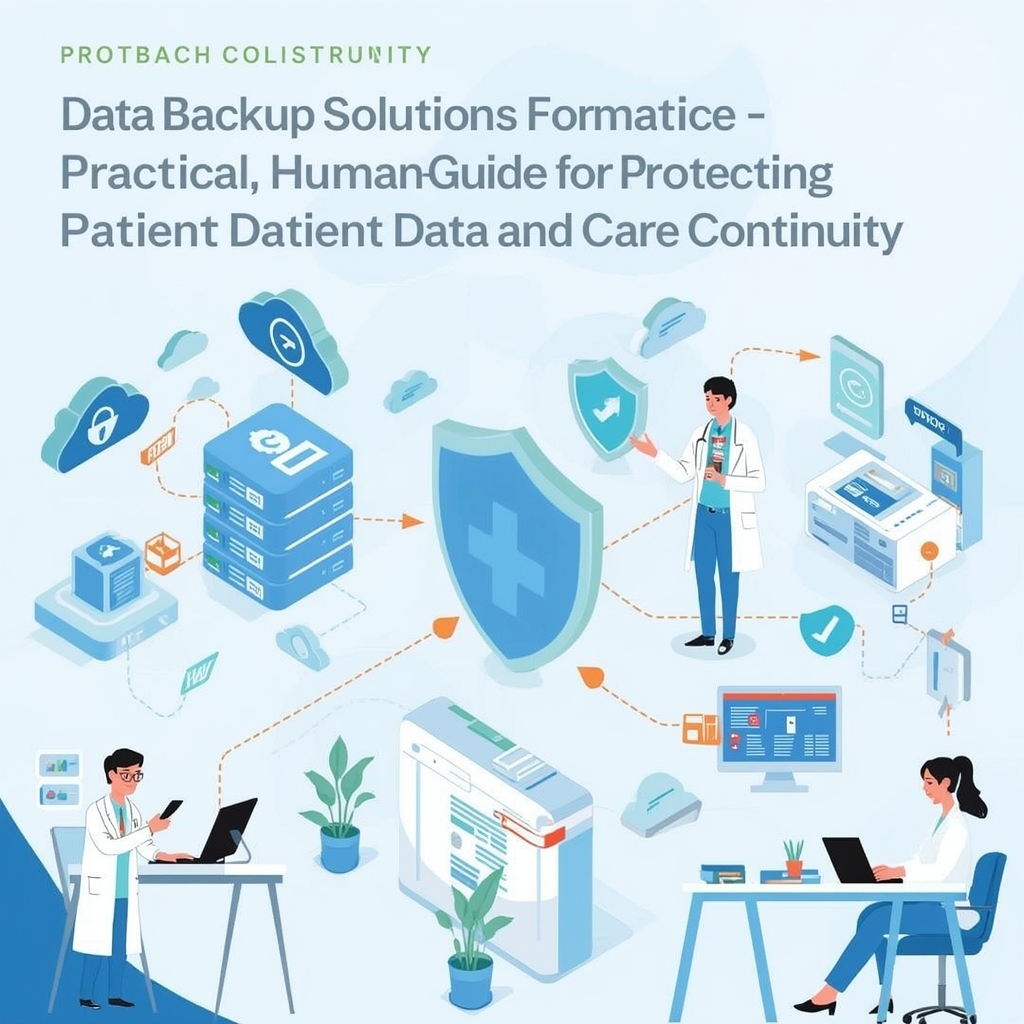Best Financial Habits for US Millennials
Best financial habits for US millennials are more than money moves — they’re the building blocks of confidence, resilience, and financial independence. Facing unique economic pressures like high student debt, rising housing expenses, and unpredictability in retirement support, millennials are learning to thrive with a smarter financial toolkit. Trends show increasing wealth among this generation, yet anxiety persists, prompting a focus on proactive habits. This guide shares practical, research-backed habits that empower millennials to grow and protect their financial well-being in today’s U.S. economy.Wall Street Journal
Automate Savings and Grow an Emergency Fund
Automating savings should be every millennial’s first financial step. By scheduling automatic transfers into savings accounts or high-yield funds, saving becomes effortless and urgent needs are less stressful to manage. Studies confirm the power of automation: many who use it consistently grow emergency funds covering several months of expenses with minimal effort.NASAA
Millennials recognize this need — nearly half live paycheck to paycheck, yet building emergency savings remains a priority to reduce anxiety.Synchrony
Tackle Debt with Clear, Strategic Methods
Debt, especially from student loans and credit cards, weighs heavily on millennials’ balance sheets. On average, non-mortgage personal debt for this group stands around $28,000, with credit card balances being a primary component.Wikipedia
Adopting strategies like the debt snowball (smallest balances first) or avalanche (highest interest first) can accelerate progress while preserving mental bandwidth.
Budget Thoughtfully to Match Your Lifestyle
Budgeting remains a million-dollar habit—influential whether you’re saving for Future or navigating rent hikes. Millennials should select a budgeting framework that reflects their priorities; some prefer the classic 50/30/20 breakdown, while others benefit from a more flexible 60/30/10 model to reflect higher costs of living.TIME
Track recurring subscriptions, dining trends, and impulse purchases to stay aligned with goals rather than habits.
Invest Early and Leverage Compounding
Millennials are harnessing compound growth by investing through employer-sponsored retirement accounts and brokerage platforms. While Social Security remains a safety net, its future is less certain, driving early retirement planning among younger Americans.Investopedia
Smart millennials are also tapping tax-advantaged instruments like health savings accounts (HSAs) as triple-tax-efficient retirement tools.MarketWatch
Keep Learning With Financial Literacy
Despite growing participation in investing, financial confidence lags: 60% of U.S. millennials feel unprepared to plan or achieve financial goals.SBS | Banking & Financing Platforms
Boosting financial literacy — especially digital literacy in managing money via apps — can empower smarter investing and informed decisions. Research consistently shows improved financial health outcomes linked to literacy.arXivWikipedia
Regular Financial Check-ins: The Tune-Up Approach
Think of your financial life like your car—it needs regular check-ups. Investopedia recommends setting milestones and conducting tune-ups when urgent spending, debt spikes, or shaky goals emerge.Investopedia
This habit helps millennials stay agile, adjusting their plans as life evolves without losing momentum.
Balance Financial Goals With New Realities
Millennials often balance debt, rising costs, and financial ambitions more cautiously; even amid growing net worth, anxiety remains common.Wall Street Journal
Achieving the FIRE (Financial Independence Retire Early) mindset—prioritizing high savings and lean living—is trending, but flexibility is key.Wikipedia
Recognizing shifting priorities, many millennials favor experiences over accumulation, investing in travel or skills while still maintaining financial discipline.Khoros
Leverage Community & Collaboration for Financial Growth
Millennials don’t go it alone. Joining financial wellness programs, using saving challenges, or leveraging peer accountability builds habits that last. America Saves and other groups offer resources for community-driven saving and financial goal setting.
Final Thoughts
Living with intention defines the best financial habits for US millennials. By automating funds, managing debt smartly, budgeting thoughtfully, investing early, embracing literacy, maintaining flexible planning, and tapping community support, millennials are building resilient financial futures—one step at a time.










